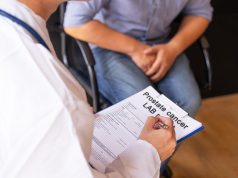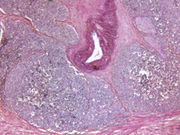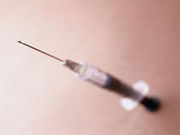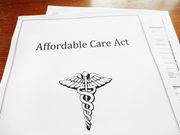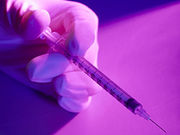Smoking Ups Cancer Risk by Causing Distinct Cell Mutations
For every year of smoking a pack daily, 150 more mutations found in each lung cell
Differences in Risk Factor Estimates for Prostate Cancer
Across cohorts of men undergoing screening, considerable variation in risk factor estimates
ISDA: Vaccine Might Help Prevent HSV-2 Transmission
Three-dose regimen seems as effective as daily pills, but more research needed
ASCO Updates Guidelines on Integration of Palliative Care
Those with advanced cancer should receive dedicated palliative care services early in disease course
October 2016 Briefing – Urology
Here are what the editors at HealthDay consider to be the most important developments in Urology for October 2016. This roundup includes the latest...
IDSA: New Treatment Offers Promise for Complicated UTIs
Meropenem-vaborbactam effective against carbapenem-resistant Enterobacteriaceae
Few Changes in Employer-Sponsored Insurance 2013-2014
Only 3.5 percent of employers dropped coverage and 1.1 percent added coverage from 2013 to 2014
Useful Tips Offered for Addressing Negative Patient Reviews
Doctors should respond quickly, validate patient complaints, demonstrate willingness to take action
IDSA: Cranberry Capsules Don’t Appear to Help Prevent UTIs
In female nursing home residents, no significant effect on bacteriuria plus pyuria over one year
Male Contraceptive Effective, but Side Effects Problematic
Injections as effective as other contraceptives, but side effects prompted early halt of trial






